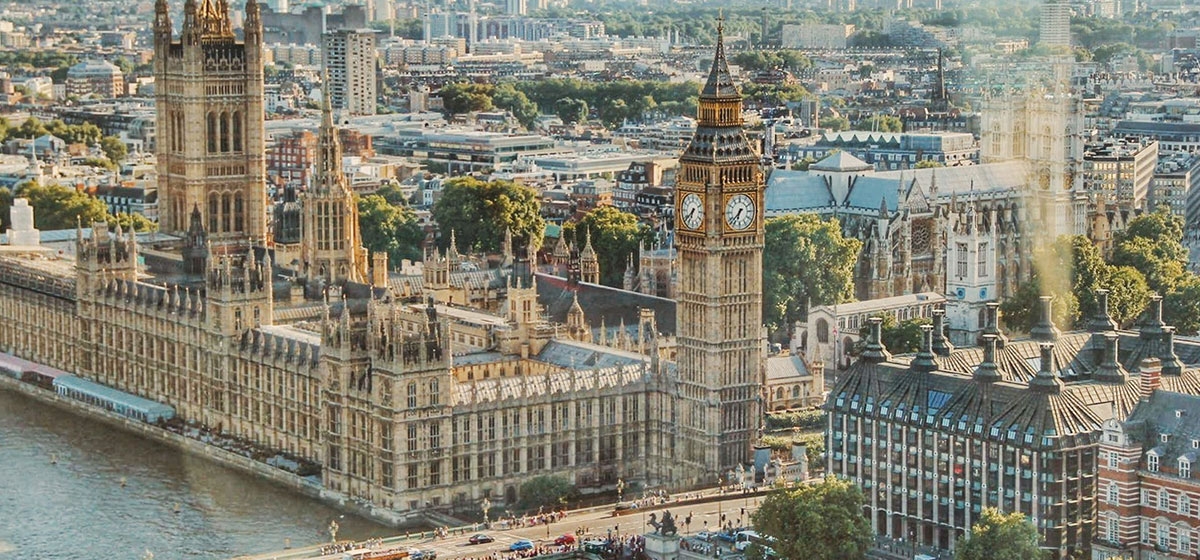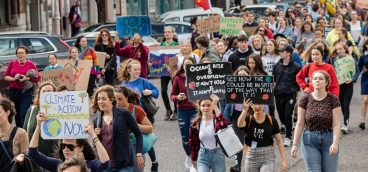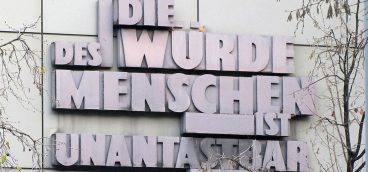Britain’s Dis-United Kingdom

“The risk is that moderates will be squeezed out as right and left inflame politics and provoke each other to move to the extremes.” —The Economist
Last week we took a look at the Big 3, that is, the three biggest democracies in the world not counting the U.S. What we found was that, once foreign threats disappear, the world’s democracies seem incapable of holding themselves together.
Of the Big 4 (counting the U.S.) only Japan has managed to maintain a strong, stable, political middle. And that’s because Japan is only 500 miles from China. Everybody else is falling apart.
But just to see if my thesis—that democracies persist only when they are threatened by nasty foreign powers – is fully consistent around the globe, we’ll continue our tour of the world’s crumbling democracies. In this post we’ll focus on the fascinating case of the United Kingdom, America’s own mother country.
The UK. The Brits have spent 800 years creating the United Kingdom, but in the twentieth century they seem determined to create the Dis-United Kingdom (DUK).
What started out as “England” became “England +” in 1301, when King Edward I conquered Wales and gave the title, Prince of Wales, to his son.
Wales, with its own Celtic language and culture, wasn’t exactly a natural fit with the much larger Mother Country. Unsurprisingly, the Welsh mounted numerous rebellions against their English masters over the centuries, but Wales was simply too small and too nearby to make them stick.
Still the Welsh troubles led to the rise of an odd phenomenon—the Marcher Lords, who were noblemen appointed by the King of England essentially to keep the Welsh in check. The Marcher Lords (the earls of Gloucester, Pembroke, etc.) governed like mini-sovereigns, exercising far greater local powers than the usual English lords.
For example, the Marcher Lords could pass their own (local) laws, could declare and wage war, could build castles (a jealously guarded privilege elsewhere in England), could try and punish locals for all crimes except high treason, and so on.
Later, in 1685, following centuries of war, Scotland and England fell under the same crown when James, the brother of the Merry Monarch, King Charles II, became James VII of Scotland and James II of England. Scotland officially became a political part of England in 1707, at which point a “new” country called the Kingdom of Great Britain was formed. At that time Great Britain consisted of England, Wales and Scotland.
Finally, in 1801, following the failure of the Irish Rebellion of 1798, Ireland became part of the yet-again-renamed United Kingdom of Great Britain and Ireland.
In case you got lost along the way, here’s the way things stood at the arrival of the twentieth century:
- Before 1301, England was just England.
- From 1301 to 1684, England was England and Wales.
- In 1685, England became the Kingdom of Great Britain, which included England, Wales and Scotland, and it remained that way through 1800.
- From 1801 until the early twentieth century the Kingdom of Great Britain was known as the United Kingdom of Great Britain and Ireland, and included England, Wales, Scotland, and Ireland.
Then it all fell apart.
First to go was Ireland. No surprise there—the Catholic Irish, by far the majority in Ireland, had long chafed at their treatment by absentee English landlords. The Irish War of Independence (1919–1921) led to the establishment of the Irish Free State, a self-governing country in the British Commonwealth (like Australia and Canada). Later, the Irish Free State was renamed Ireland.
Just to make it more confusing, six predominantly Protestant counties in the north of Ireland promptly opted out, and Northern Ireland remained in the UK, albeit with local self-government via the Northern Ireland Assembly, or Stormont (which is currently suspended).
The new country was now called the United Kingdom of Great Britain and Northern Ireland, a snappy moniker for sure. In fact, it’s the longest name for a country in the world, not counting Libya’s official Arabic name: Al-Jamahiriya al-`Arabiyah al-Libiyah ash-Sha`biyah al-Ishtirakiyah al-Uzma.
After that, though, stability was the order of the day, which is not surprising since the UKGBNI was menaced first by Hitler and later by Stalin and his many successors and everyone was making nice. But no sooner had the USSR collapsed then everything went to hell.
After years of agitation, both Wales and Scotland were granted “devolution,” that is, the right to elect their own governments and to govern themselves as to matters in Wales and Scotland without interference from London. The Scots established their own parliament, popularly known as Holyrood, and the Welsh did the same, setting up the National Assembly for Wales.
Thus, today, the UK Parliament, sitting in London, officially has nothing to say about governing Ireland (which is independent), Scotland (devolved), Northern Ireland (mostly devolved, at least when Stormont isn’t suspended), or Wales (devolved).
And then, as though matters weren’t bad enough, Brexit raised its confusing head, splitting the DUK down the middle.
As this post was being written Boris Johnson and the Conservative Party had just won a smashing victory in snap elections. But the Conservatives won everywhere except in Scotland and Northern Ireland.
In Scotland, the Scottish National Party, which favors independence, won 48 of Scotland’s 59 seats in Parliament, taking 13 seats from the unionist parties that support remaining part of the DUK. Scottish independence is now squarely back on the agenda.
Matters in Northern Ireland are a bit more complicated, since that region is divided many different ways. Some voters wish to remain part of the DUK and to leave the EU. Some want to remain in both the DUK and the EU. Some want independence and to stay in the EU. Mostly, though, voters in Northern Ireland strongly rejected both Boris Johnson and Brexit.
Thus, depending on how Brexit actually happens (deal or no deal, hard or soft border with Northern Ireland), Scotland could vote to secede and, possibly, even Northern Ireland. The DUK would then presumably be renamed the Kingdom of England and Wales and would be back to 1301.





